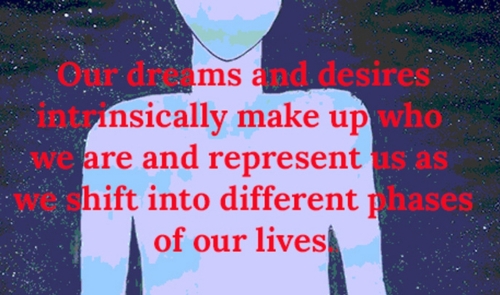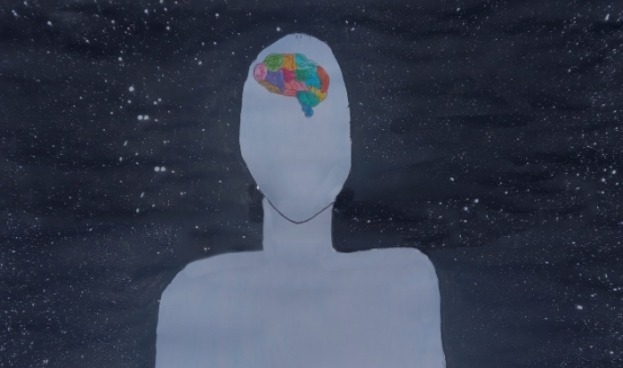Artwork by: Liz Fabiola, age 14
Written by: Lahore Grammar
Who are we without our dreams and desires?
When I was six years old, my mother took me to a Qawwali night1 at my cousin’s wedding for the first time. Barely three feet tall and stumbling around in my shiny green chiffon dress, I remember stooping down amidst a sea of people to feel the ground pulsating beneath my feet.
1-2-3-4
1-2-3-4
The beat drummed through every inch of bone from the tips of my toes to my mini milk teeth. All at once, I became a part of the melody. From that moment on, music became my obsession: an insatiable hunger, a thirst I could never quench. I guzzled notes as if they were bits of coco puffs, inhaled the lyrics of Taylor Swift’s “Love Story,” and sped through chords on my little electronic keyboard as if they were sugarcoated gumdrops. By age nine, I was convinced I would become a musician.
Life hit fast. All of a sudden, I had outgrown my green chiffon and been forced into suit pants, hair neatly tied for the interviews I had to attend, with the only music in my life becoming the pieces I memorized for examinations or nothing more than background noise while I did my homework.
As I blew out the candles on my 17th birthday cake, it struck me how malleable life’s course can be. My dream of becoming a musician now lay abandoned in the dusty keys of an old piano, in the polaroids my mother had stored in an unmarked box in the attic, in the songs I no longer remembered the words to. In its place, I found pages and pages of poetry. A desire to write filled the notebooks I received on my birthdays until eventually there was more paper than floor in my bedroom. A new dream in place of the old one.

The beauty of dreams is that they are ephemeral — ever changing and transient to match how our personalities and thoughts evolve. Perhaps that is why we are so influenced by them. As humans, we are attracted by the light at the end of the tunnel, willing to scrape and claw our way through heaps of dirt to get there, and upon finding what we seek, are instantly entranced by the next shiny thing. By nature then, I would argue that dreams are the essence of what makes us who we are. In fact, humans thrive on the ability to dream — every invention, from the lightbulb to the steam engine, came out of the desire to create something extraordinary. Even hope in times of crisis becomes a manifestation of one’s desires for a better life, or one’s dream of what life could be.
To then consider a life in the absence of our dreams and desires, I find myself at an impasse. When human existence pivots on accomplishing a lifelong goal or seeing a dream become reality, it seems that having no desires at all would be like sailing a ship with no steering wheel: you have no idea where you are going or where you will end up. You are not yourself without your ambitions and your wants. In the words of Langston Hughes, “Hold fast to your dreams, for without them life is a broken winged bird that cannot fly.”
Ultimately, our dreams and desires intrinsically make up who we are and represent us as we shift into different phases of our lives: my desire to write poetry has morphed into a love for the literary arts, much in the same way my love for piano has made it impossible to study without music on in the background. It is these little pockets of joy from dreams long left behind that form our identity.1 Qawwali night refers to a festive celebration in South / Middle Eastern culture where people come together to sing songs.
When this piece was first published, Iman Monnoo was a 16-year-old in 12th grade at Lahore Grammar School Defence in Pakistan. Aside from reading and writing, she also has an affinity for public speaking and drama!

 Birds With Broken Wings Cannot Fly
Birds With Broken Wings Cannot Fly